Electric ball valves are cutting-edge solutions for efficient and automated flow control in a wide range of industrial applications. Designed with advanced technologies and robust materials, these valves provide unmatched durability, precision, and ease of operation. At the core of their functionality is the ball valve electric actuator
Materials and Construction
Electric ball valves are primarily constructed using high-grade stainless steel (such as SS304 and SS316) or other corrosion-resistant materials like PVC and brass. This construction ensures long-term durability and resistance to chemicals, making them suitable for demanding industrial environments. The robust motorized valve actuator further enhances the valve’s reliability and efficiency under harsh conditions.
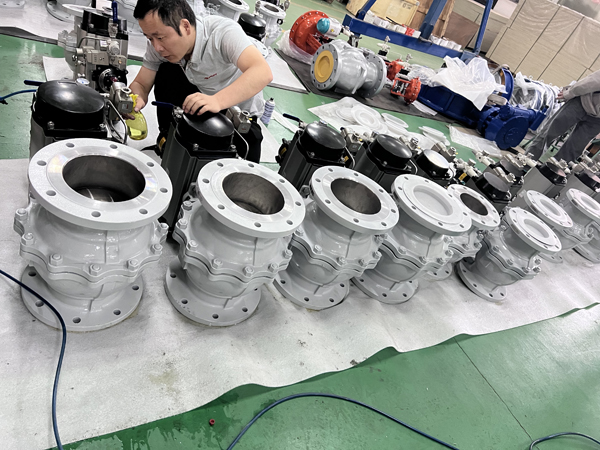
Applications and Industries
These electric valves are highly versatile and find use across various industries, including:
– Water Treatment – For precise control of water flow.
– Chemical Processing – Ideal for corrosive and reactive substances.
– Oil and Gas – For managing high-pressure applications.
– Pharmaceuticals – Ensuring sanitary operation with hygienic designs.
– Food and Beverage – Lightweight, sanitary solutions for safe processing.
– HVAC Systems – For accurate flow management in heating and cooling systems.
Mediums and Performance
Perfect for managing a variety of fluids such as liquids, gases, steam, and light slurries, these valves offer exceptional performance across different mediums. The design ensures minimal leakage and dependable flow control, regardless of the application.
Temperature and Pressure Ratings
Engineered for versatility, electric ball valve can operate within a temperature range of -20°C to 180°C (depending on the material and actuator). Their pressure-handling capabilities vary, with models supporting pressures up to 1000 psi, making them suitable for both standard and high-pressure systems. Variants of electric actuated butterfly valves can handle larger flow systems while maintaining reliable pressure control.
-
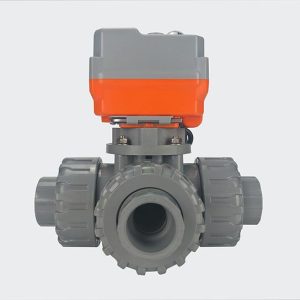
3 way ball valve pvc? with electric actuator
Read more -
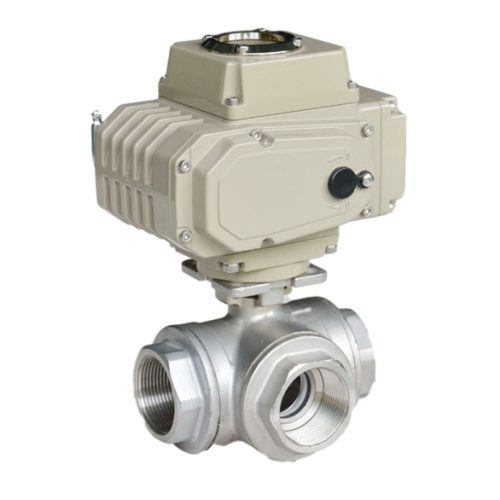
3 way ball valve t port? l port with electric actuator
Read more -
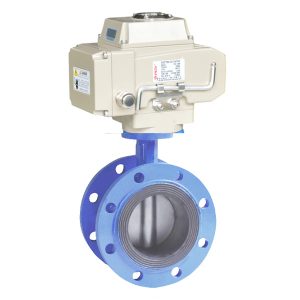
butterfly valve with actuator?
Read more -
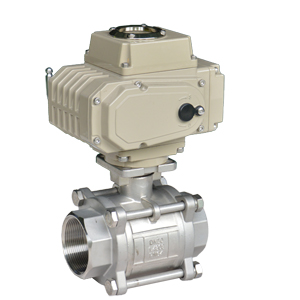
electric actuated ball valve?
Read more -
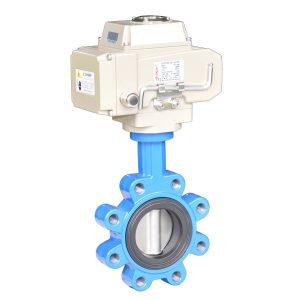
electric actuated butterfly valve?
Read more -
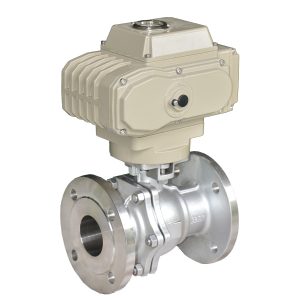
Electric ball valve
Read more -
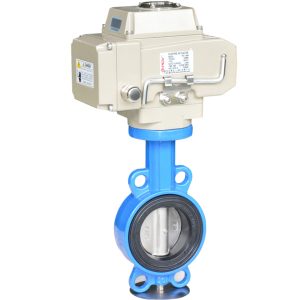
electric butterfly valve?
Read more -
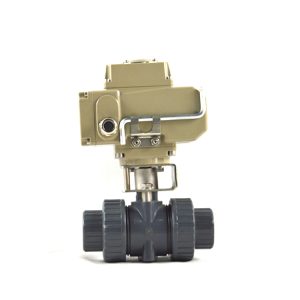
electric pvc ball valves?
Read more -
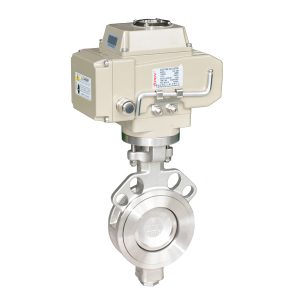
High performance butterfly valve with electric actuator
Read more -
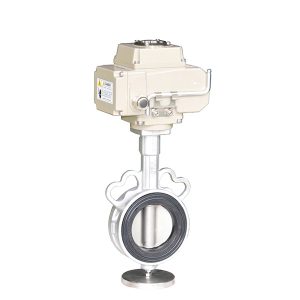
motorized butterfly valve? stainless steel 2″-60″
Read more
FAQs
What are the key benefits of using an electric ball valve?
Electric ball valves offer several advantages, including:
– Automated and precise flow control.
– Reduced need for manual operation.
– Compatibility with a wide range of fluids (liquids, gases, and light slurries).
– High durability and resistance to corrosion.
– Reliable performance under varying temperature and pressure conditions.
What applications are electric ball valves suitable for?
Electric ball valves are highly versatile and used in industries such as:
– Water treatment.
– Chemical processing.
– Oil and gas.
– Pharmaceutical manufacturing.
– Food and beverage processing.
– HVAC systems.
How do electric butterfly valves differ from electric ball valves?
Electric butterfly valves are optimal for larger pipelines and systems requiring high flow efficiency, thanks to their compact design and ability to manage large volumes. Electric ball valves are better suited for precise control in smaller systems or high-pressure applications. Both are automated and should be chosen based on specific operational demands.


